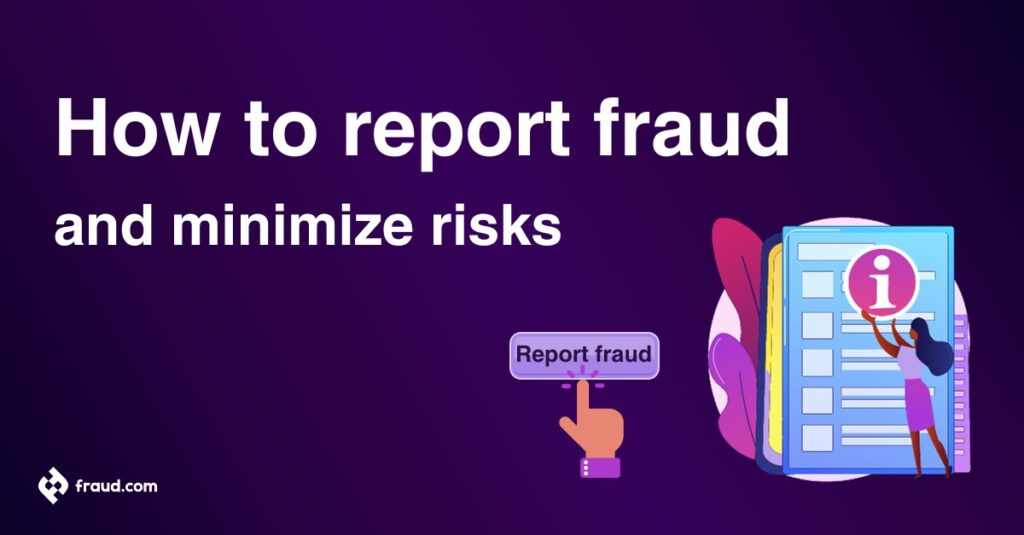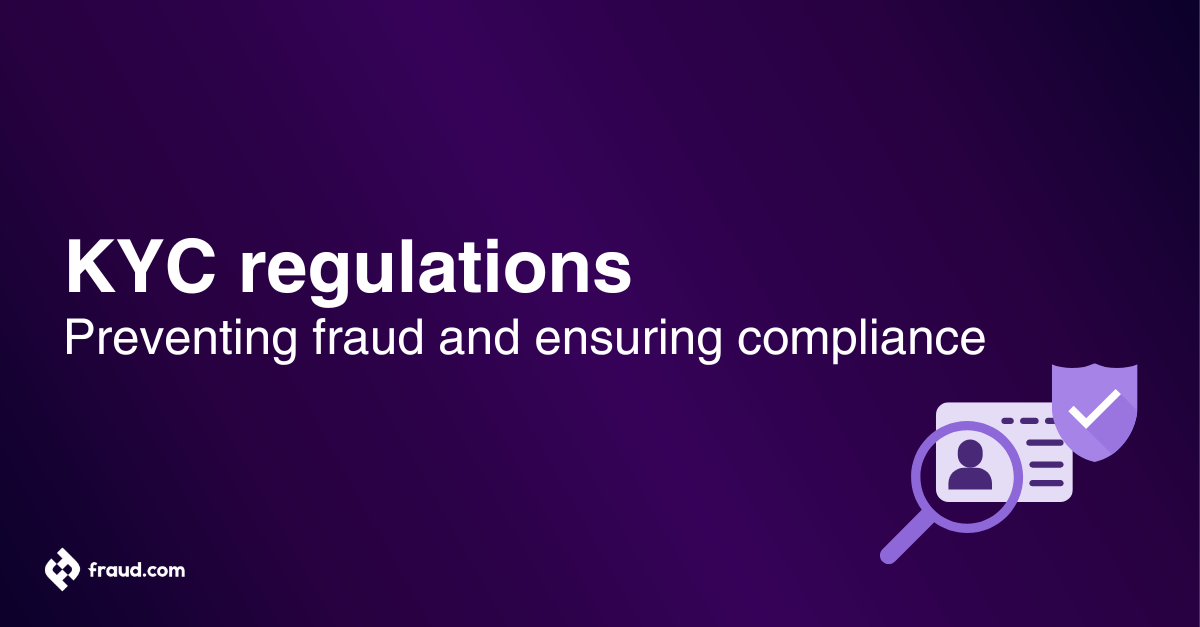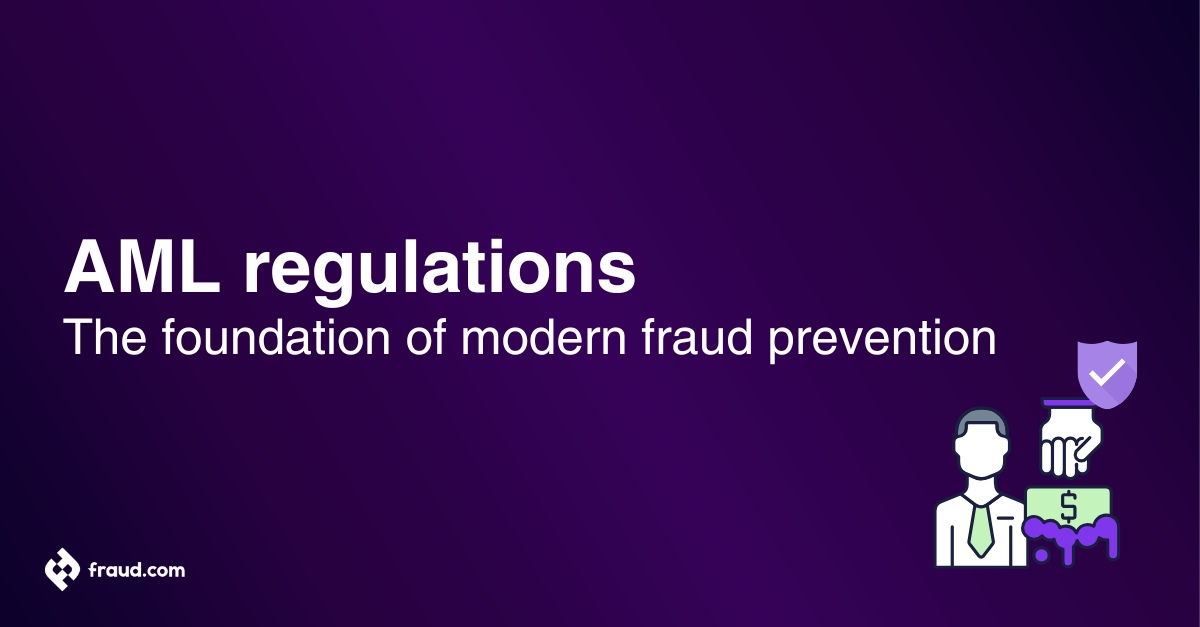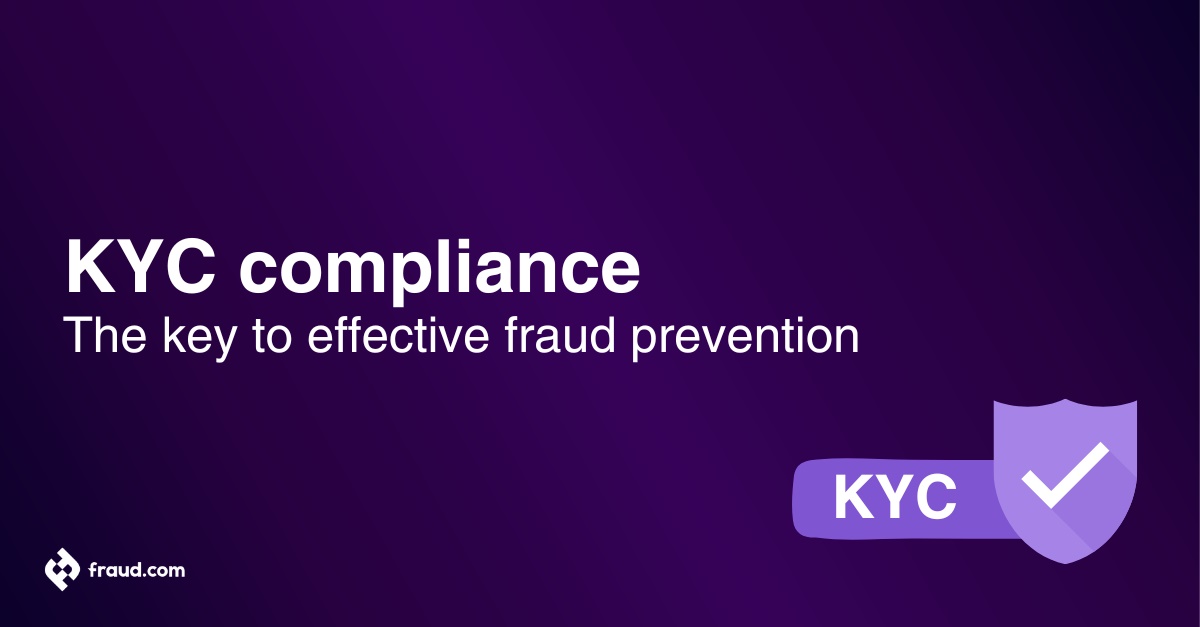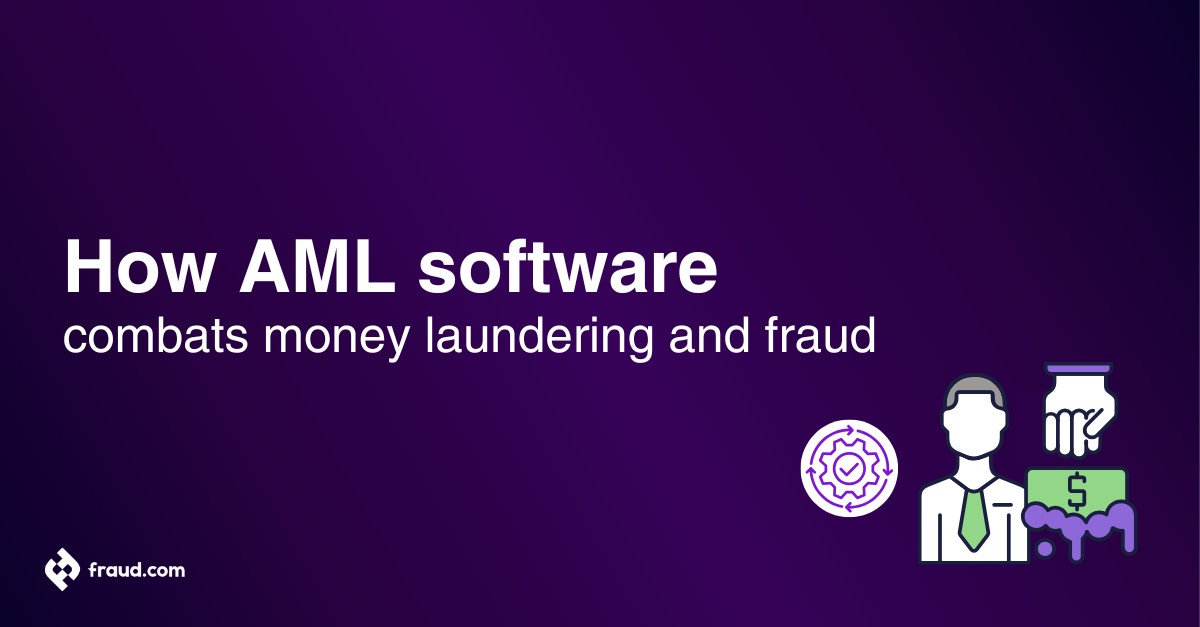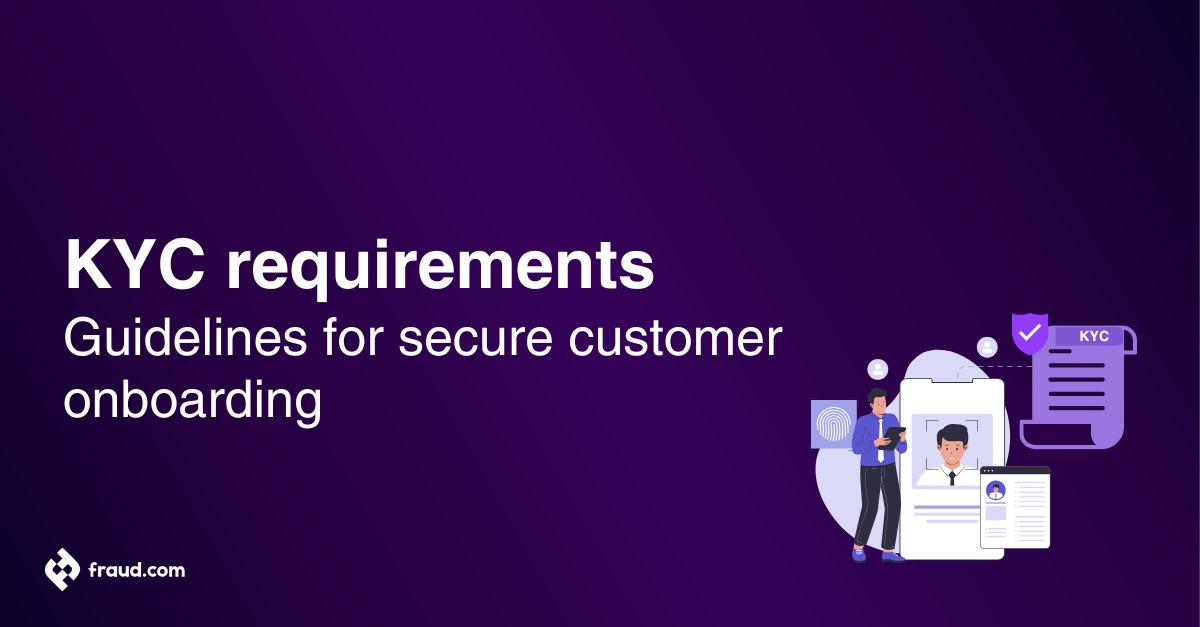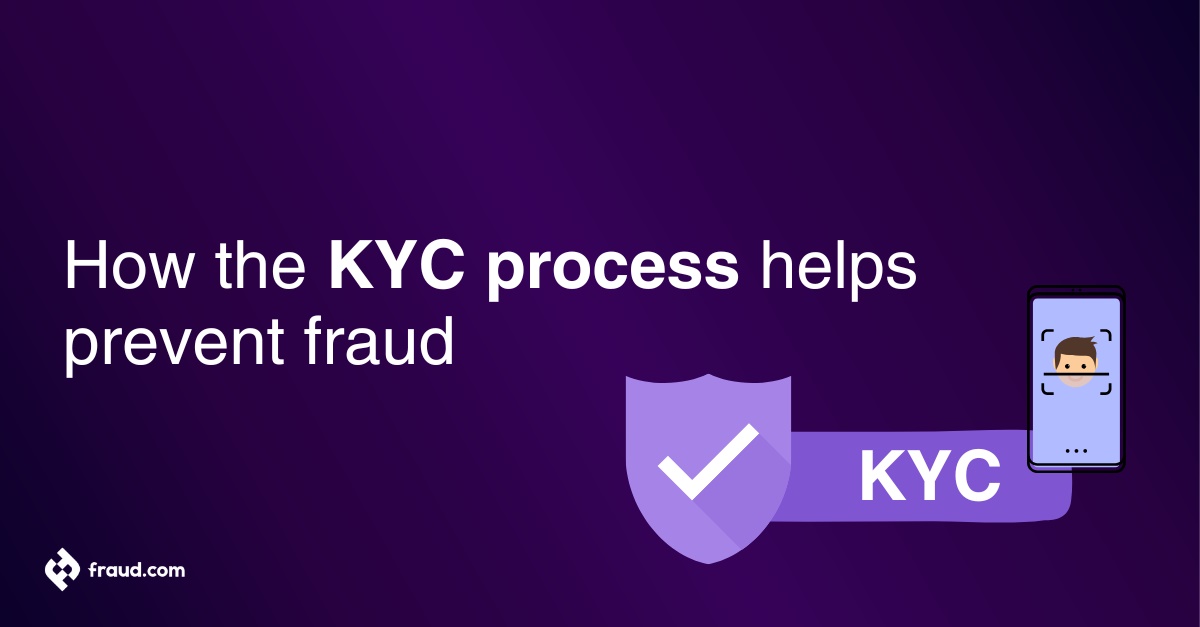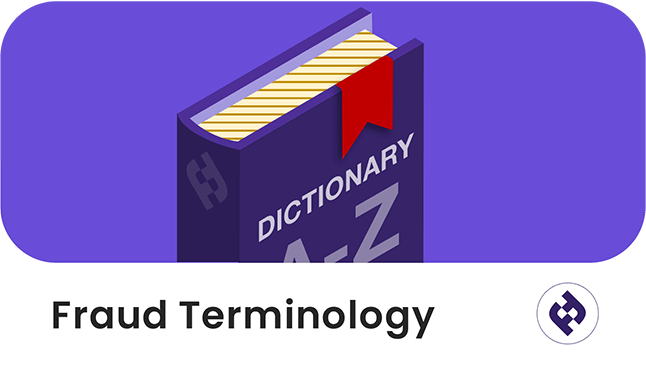In a world where fraud poses a significant threat to both individuals and businesses, it becomes increasingly crucial to equip ourselves with the knowledge and tools necessary to combat fraudulent activities effectively.
As the technology to fight fraud advances, so do the methods employed by fraudsters, underscoring the importance of continuous education and vigilance. By staying informed and actively participating in fraud prevention measures, we collectively strengthen our defences and create an environment where trust and security can thrive.
As we navigate the ever-evolving landscape of digital transactions and interconnected financial systems, the commitment to safeguarding against fraud becomes an integral part of our shared responsibility to foster a resilient and secure global community. This guide not only provides practical steps on reporting fraud but also offers insightful strategies to minimize associated risks, ensuring a safer digital and financial landscape for all.
Table of Contents
ToggleRecognizing different types of fraud
Financial fraud
Being vigilant against various types of financial fraud is key. This includes watching out for bank fraud, credit card fraud, investment fraud, money laundering, and other illicit financial activities. It is crucial to learn how to recognize the indicators of these financial risks to efficiently protect your financial health.
Identity fraud
Understanding the mechanics of identity fraud is the first line of defence. Familiarize yourself with the red flags associated with identity fraud and identity theft, including unauthorized account access, suspicious credit inquiries, and unexplained financial transactions. Adopt practices to shield yourself from potential threats like phishing emails and scams targeting personal information.
Online scams
The digital world is fraught with phishing attempts, fraudulent websites, and various online scams. Arm yourself with the knowledge to recognize and thwart these threats, protecting your personal information from falling into the wrong hands. Stay informed about tactics like fake emails, social engineering attacks, deceptive online advertisements, and fraudulent schemes to navigate the online landscape securely.
How to report fraud
Reporting fraud to government agencies
If you come across fraudulent activities or become a victim of fraud, reporting to local law enforcement is crucial. Additionally, take the following steps to ensure the appropriate authorities are informed and can take necessary actions:
- Law enforcement: Contact your local law enforcement agency and provide them with detailed information about the fraudulent activity.
- Regulatory bodies: File complaints with relevant regulatory bodies, such as the Consumer Financial Protection Bureau (CFPB) or the Federal Trade Commission (FTC) in the USA and the Financial Conduct Authority (FCA) and Information Commissioner’s Office (ICO) in the UK, to escalate the matter and seek appropriate intervention.
Reporting fraud to financial institutions
Your financial institution is a key ally in combating fraud. If you suspect fraudulent activity, take the following measures:
- Contact your bank or credit card company: Reach out to your bank or credit card company immediately to report the suspicious activity. They can guide you through the necessary steps to protect your accounts.
- Use online reporting tools: Leverage the convenience of online reporting tools provided by your financial institution. These tools often streamline the reporting process, making it efficient and user-friendly.
Reporting on online platforms
Taking a proactive stance on social media platforms is essential. To report scams and fraudulent activities promptly, follow these guidelines:
- Platform-specific reporting: Most social media platforms have dedicated reporting mechanisms for fraudulent activities. Use these features to report scams, fake profiles, or any suspicious behaviour.
- Community safety measures: By reporting scams on social media promptly, you not only protect yourself but also contribute to the safety of your online community. Engage with community safety features provided by the platform.
Remember, prompt fraud reporting plays a vital role in combating fraud across various entities, ensuring a safer environment for everyone.
Minimizing risks and protecting yourself
In an era dominated by digital connectivity, safeguarding your personal information is of paramount importance to mitigate risks and protect yourself from potential threats, following these steps can help:
Secure your personal information
Protecting your personal information is paramount in the digital age. Strengthen your defences with these measures:
- Strong passwords: Implement robust passwords that combine letters, numbers, and symbols. Regularly update passwords and avoid using easily guessable information.
- Two-Factor Authentication (2FA): Enabling 2FA wherever possible adds an extra layer of security. This ensures that even if your password is compromised, an additional verification step is required for access.
Monitor your financial statements
Maintaining a watchful eye on your financial activities is a proactive approach to minimizing risks. Adopt habits including:
- Regular statement reviews: Make it a routine to thoroughly review your bank and credit card statements. Look for any unfamiliar transactions or discrepancies that may indicate fraudulent activity.
- Transaction alerts: Stay ahead of potential issues by setting up transaction alerts. Real-time notifications enable swift action in response to suspicious activities, providing an immediate line of defence.
Educate yourself and others
Knowledge is your most potent weapon against fraud. Stay informed and contribute to a collective defence with these steps:
- Stay informed: Stay ahead and informed of the latest scams and fraud trends and tactics. Regularly update your understanding of emerging threats to stay one step ahead of potential attackers.
- Share information: Actively share your knowledge with family and friends. Create a collective shield by educating others about common fraud types and the importance of online safety.
- Participate in awareness campaigns: Engage with and support community awareness campaigns and initiatives aimed at educating the public about evolving fraud schemes.
By implementing these proactive measures, you not only fortify your personal defences but also contribute to the broader effort to create a safer online environment for everyone. Remember, a well-informed and vigilant community is a powerful deterrent against fraud.
Empower yourself and your customers against fraud by gaining a comprehensive understanding of reporting procedures and proactively mitigating associated risks. Knowledge is your shield; stay well-informed about evolving threats and be vigilant in safeguarding your financial well-being.
In today’s interconnected world, the actions of both individuals and businesses create a ripple effect that shapes the collective fabric of our community, influencing the construction of a more secure online and financial landscape. Whether you are safeguarding personal information or managing sensitive business data, your contributions play a pivotal role in the ongoing effort to fortify our digital environment.
Every informed decision and reported incident forms the foundation of a safer and more resilient community. Together, individuals and businesses collaboratively build a shield against fraud, fostering an environment where security and trust prevail for everyone. By actively participating in this shared responsibility, we strengthen our collective defences and contribute to a world that is safer and more trustworthy for individuals and businesses alike.
In conclusion, the battle against fraud extends beyond individual protection; it’s a collaborative endeavour to combat illicit activities and fortify our digital and financial interactions. By discerning various types of fraud, promptly reporting incidents, and embracing preventive measures, you actively shape a secure environment for everyone.

